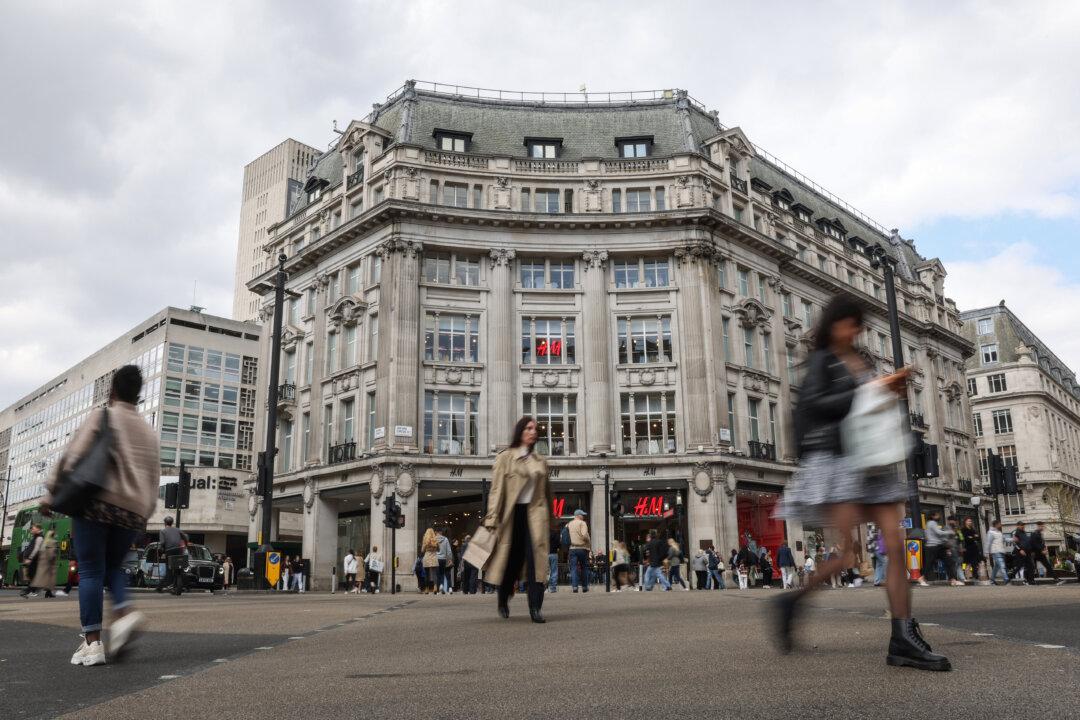The soaring cost of living has hit the confidence of British consumers and has “put the brakes” on consumer spending, the latest retail statistics show.
Retail sales dipped in April after a sharp downturn in consumer confidence, according to a report by the BRC-KPMG retail sales monitor.





